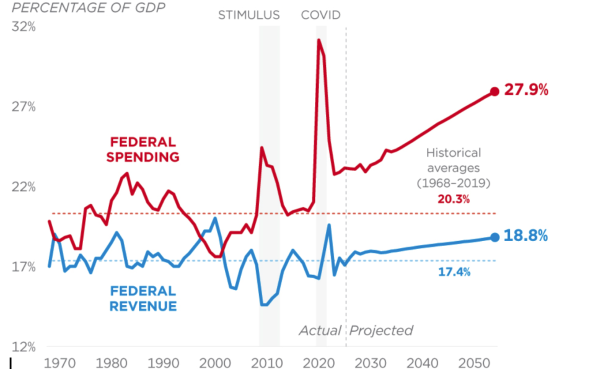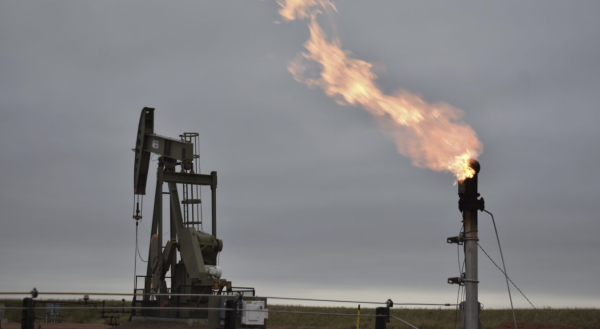2022 Georgia gubernatorial election sparks conversations on campus
On Nov. 8, 2022, Georgians will cast their votes for the next governor of Georgia. This race has become one of the most hotly debated and publicized to date, as the top three contenders for the position have all garnered national attention and drawn attention to the Georgia political scene.
Incumbent Republican governor Brian Kemp has been in office since 2018. His platform focuses on his economic record and policies. Kemp faces a primary race challenge from former Georgia senator David Perdue. Perdue is endorsed by former president Donald Trump, who was displeased with Kemp’s certification of Biden’s 2021 presidential election win in Georgia. Their primary race will be a strong indicator of Trump’s continued influence in the state.
For the Democrats, Stacey Abrams is currently unchallenged in the upcoming primaries. She has garnered nationwide support with high recognition endorsements, including EMILY’s List, MoveOn, and the AFL-CIO labor organization. Abrams ran for governor in 2018 and narrowly lost to Brian Kemp. She has since gained national recognition as a voting rights activist during the 2020 presidential election. Her growing status in the Democratic Party has made this election a point of interest on the national scene. Her candidacy is also an indicator of the Biden administration’s popularity in Georgia, which played a critical role as a swing state in the 2020 presidential election.
Other potential candidates for governor include Libertarian Shane Hazel and Independent Al Bartell.
This midterm season, and specifically Georgia’s gubernatorial election, is anticipated by experts to reflect the nation’s current political climate and attitude beyond current polling results.
“Midterms are typically a reaction to the previous presidential election,” said Upper School history teacher John Monahan. “Campaigns are now made to be about some larger issue rather than the local issues to the state. The biggest dividing line between David Perdue and Brian Kemp is who has Donald Trump’s support and who doesn’t. This primary won’t have anything to do with whose policies for film credits,or tax credits will create more economic growth for Georgia. It’s about who’s going to be able to get the biggest name in Republican politics to show up at a campaign rally.”
On the Democratic side, Abrams’s prominence within her own party is expected to support her throughout the race.
“She’s going to use national audiences to help her campaign,” said Monahan. “Midterms historically favor the political party that doesn’t currently hold the presidential office.”
Despite much of the school’s population being ineligible to vote in the upcoming primaries, Westminster students have been finding ways to be involved in the election process.“I think the state of Georgia has been going through a historic change in politics over the past five years,” said Young Democrats member sophomore Evvie Morgan. “It’s truly awesome to see it happen right before my eyes, and I’m excited to see the election and its outcome.”
Students too young to vote still have the chance to participate in Georgia politics at and outside of Westminster. Candidate websites provide volunteer opportunities for students. The school’s two main political clubs, Young Democrats and Young Conservatives, also offer forums for productive political discourse.
Additionally, a new fellowship opportunity is being added to the Westminster Upper School course list for the 2022-2023 school year for those interested in public discourse, political and otherwise.
“Civil Dialogue Fellows is premised on the general feeling among a lot of students, Georgians, and Americans that we don’t really do a good job right now being civil as we discuss things with people that we don’t necessarily always agree with,” said Monahan. “And we can do better by focusing on the methods that are known, studied, and proven to work if you focus on skills instead of ideological agreement.”
Upper School students can find more information about Civil Dialogue Fellows at the upcoming Electives Fair.
The next stage in the election is the primary race on May 24. The Democratic and Republican victors will advance to the general election on Nov. 8. In the months between, expect significant advertising, increased social media presence, and appearances from prominent political figures in Georgia. The candidates have already raised over $15 million. It is expected that this race will receive national attention and serve as a milestone in Georgia’s politics.
“I think Georgia’s gubernatorial race will set the tone for this country as people in high school now come of age,” said sophomore Alex Kent. “It’s definitely something anyone committed to democracy should be watching closely.”




